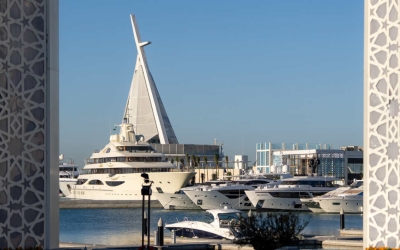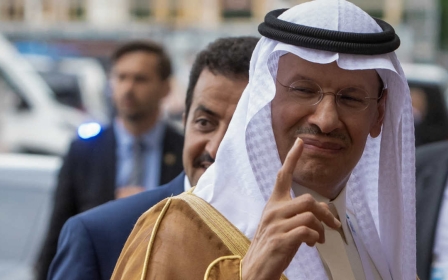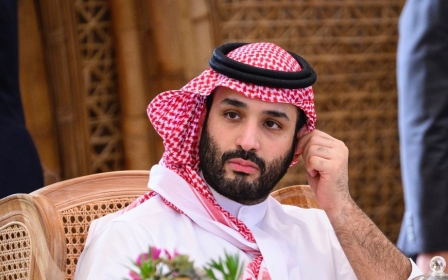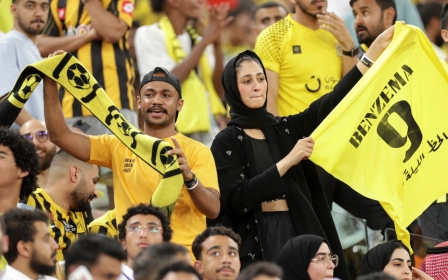Saudi Arabia's sovereign wealth fund declares $11bn loss in 2022
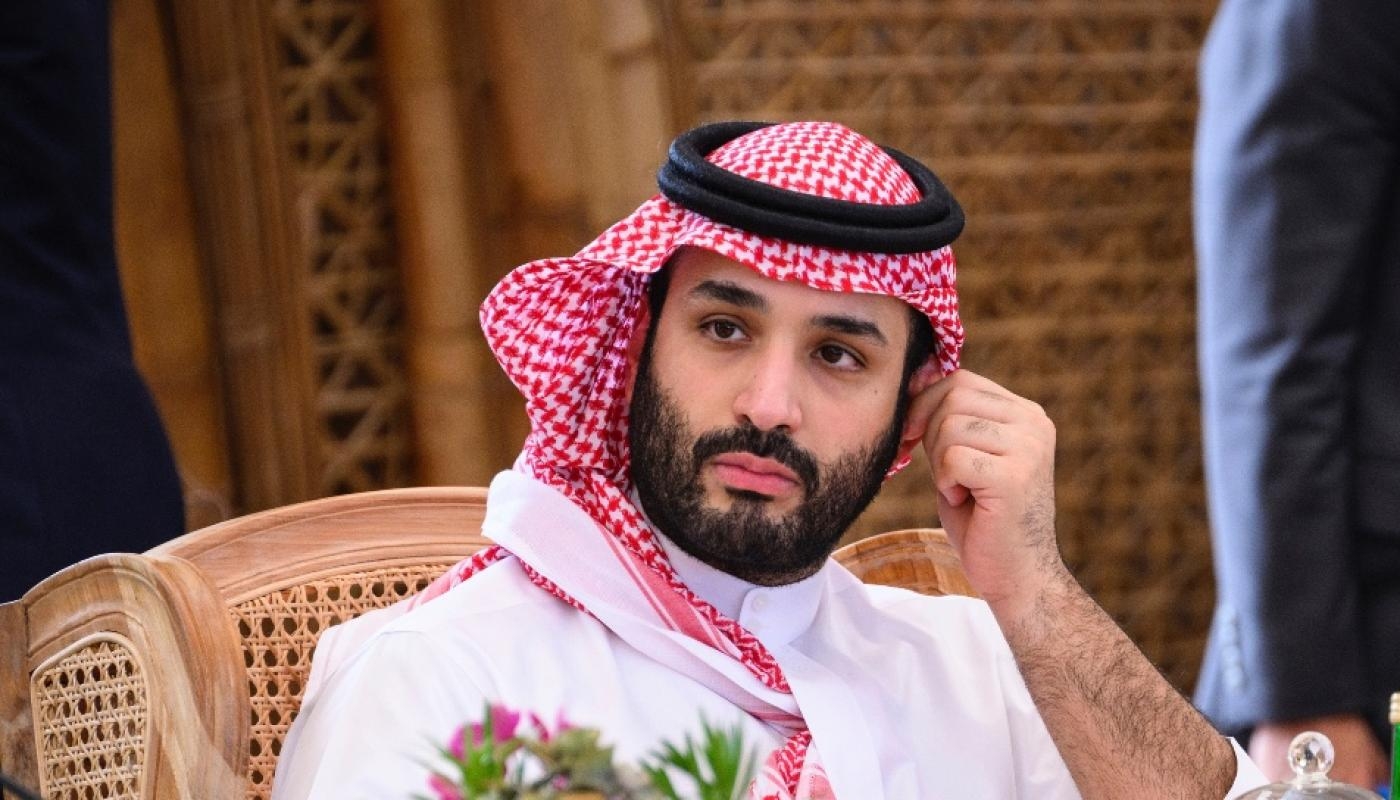
Saudi Arabia's Public Investment Fund (PIF) declared a loss on its investments of nearly $11bn in 2022, Bloomberg reported on Tuesday, after splurging on US stocks and tech investments.
The loss compares with a profit of $19bn in 2021. The kingdom’s $650bn sovereign wealth fund is chaired by Crown Prince Mohammed bin Salman and is the main vehicle for the diversification of Saudi Arabia's economy away from its reliance on oil revenue.
The fund splurged on US stocks following the coronavirus pandemic. In 2022, filings show it splurged on $7bn of stocks in companies including Starbucks, Zoom, Amazon, Alphabet, and BlackRock.
The PIF has also been placing bolder bets on gaming, anime, and K-pop.
In January 2022, the PIF launched Savvy Games Group with a $38bn mandate to make the kingdom “the ultimate global hub for the games and e-sports sector”.
A February 2023 filing revealed that the PIF had become the biggest outside investor of Nintendo, with 8.26 percent of the Japanese company’s stock.
Crude still king
Saudi Arabia was the top-performing economy in the G-20 last year, as the kingdom enjoyed an economic windfall from rising energy prices after Russia’s invasion of Ukraine.
It has used the funds to plow ahead with mega-projects like the futuristic city of Neom and Red Sea tourism projects. It has also splashed big on traditional sports, poaching aging football star Cristiano Ronaldo to Riyadh club Al-Nassr and cutting a deal with the PGA Tour.
Oil prices, however, have sunk about 40 percent from May 2022 highs of $125 a barrel to around $78. According to the IMF, Saudi Arabia needs an oil price above $80 a barrel to balance its budget and see through its mega-projects.
Petrodollars are doubly important to Saudi Arabia because the kingdom has been unable to attract foreign investors to its mega-projects, despite a media campaign in places like the Red Sea coast, which Middle East Eye previously reported.
Saudi Arabia’s foreign direct investment inflows dropped 59 percent last year.
In an effort to boost prices, the kingdom has tried to corral other oil producers to slash production. Saudi Arabia, however, has been stymied by Russia, a partner in the oil cartel Opec+.
In order to make up for western sanctions and entice buyers, Russia is flooding the market and selling crude at a steep discount. It has also been muscling into Saudi Arabia's market share in large Asian countries like India and China.
In a bid to display unity, last week Saudi Arabia's energy minister said a recent decision to prolong oil production cuts along with Russia was in part a move to silence "cynics" who had reported an alleged rift between the two.
Some analysts are already starting to predict that the drop in oil prices could weigh on Saudi Arabia’s economy. On Sunday, Bloomberg predicted that if Saudi Arabia stays on the path of oil output cuts, its economy could contract by one percent in the last half of 2023.
It also cited a Bank of America Corp prediction that the Saudi economy could contract 0.6 percent this year unless it backtracks on supply cuts.
Despite Crown Prince Mohammed Bin Salman’s efforts to make the economy less reliant on energy, oil and products derived from crude continue to account for 93 percent of Saudi exports.
Middle East Eye propose une couverture et une analyse indépendantes et incomparables du Moyen-Orient, de l’Afrique du Nord et d’autres régions du monde. Pour en savoir plus sur la reprise de ce contenu et les frais qui s’appliquent, veuillez remplir ce formulaire [en anglais]. Pour en savoir plus sur MEE, cliquez ici [en anglais].


